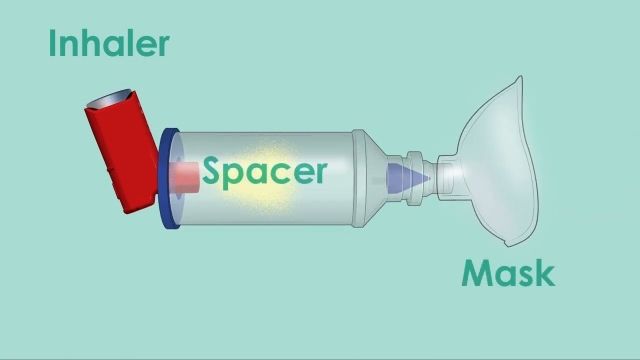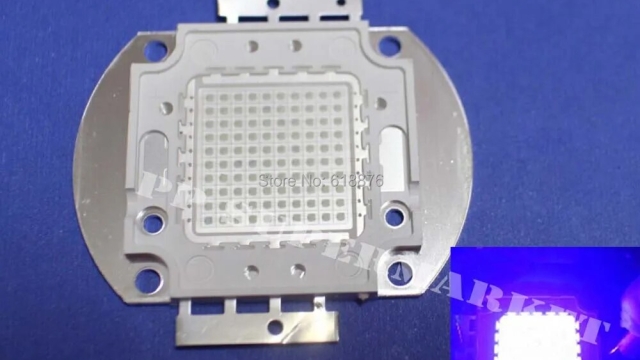
Inhalation devices have become a vital tool for managing respiratory conditions, delivering medication directly to the lungs for optimal effectiveness. As healthcare continues to evolve, these devices have taken center stage, providing patients with both convenience and improved health outcomes. The demand for innovative inhalation solutions grows as we seek to simplify the user experience and enhance medication delivery.
One company making significant strides in this field is Aptar. Known for its dedication to developing cutting-edge inhalation technologies, Aptar is paving the way for a future where respiratory health can be managed more efficiently. Their focus on user-friendly designs and reliable performance helps ensure that individuals with conditions like asthma or COPD can breathe easier and gain a better quality of life. As we explore the advancements in inhalation devices, it’s clear that innovation is key to unlocking new possibilities for patients worldwide.
Overview of Inhalation Devices
Inhalation devices play a crucial role in the management of various respiratory conditions, enabling patients to receive medication directly to their lungs. These devices come in various forms, including metered-dose inhalers, dry powder inhalers, and nebulizers. Each type is designed to optimize the delivery of medication, ensuring that patients receive the right dose effectively. For patients with conditions such as asthma or chronic obstructive pulmonary disease, these devices are essential for maintaining their quality of life.
Aptar has emerged as a key player in the development and manufacturing of inhalation devices. Their innovative solutions enhance drug delivery systems, combining advanced technology with user-friendly designs. This focus on user experience is particularly important, as many patients often find traditional inhalation methods challenging to use. Aptar’s commitment to improving these devices ensures that patients can rely on them for consistent and accurate dosing.
The future of inhalation devices looks promising, with ongoing advancements in technology and materials. Innovations are aimed at improving efficiency, reducing side effects, and enhancing patient compliance. As research continues and new products are introduced, the landscape of inhalation therapy will evolve, potentially offering better treatment options for patients with respiratory diseases.
Innovations by Aptar
Aptar has established itself as a leader in the field of inhalation devices through its commitment to innovation and user-centered design. With a focus on enhancing patient experience, Aptar continuously develops advanced drug delivery systems that ensure effective medication administration. Their devices are engineered to meet the diverse needs of patients, incorporating features that facilitate ease of use and optimize therapeutic outcomes.
One notable innovation from Aptar is the development of the smart inhaler technology, which integrates connectivity features that allow users to monitor their medication usage in real time. This advancement not only helps patients adhere to their prescribed treatment plans but also provides healthcare professionals with valuable data to improve patient care. The combination of traditional inhalation devices with digital technology signals a significant step forward in chronic respiratory disease management.
https://aptar.com/pharmaceutical/delivery-routes/inhalation/
Additionally, Aptar is dedicated to sustainable practices, exemplified by their efforts to create environmentally friendly inhalation devices. By utilizing recyclable materials and reducing waste during the manufacturing process, Aptar positions itself at the forefront of a growing demand for sustainable healthcare solutions. This commitment to environmental responsibility, along with their innovative approach to drug delivery, demonstrates Aptar’s determination to shape the future of inhalation devices.
Impact on Patient Care
The advancements in inhalation devices have significantly improved patient care, particularly for individuals with chronic respiratory conditions such as asthma and COPD. With innovative designs and technologies, these devices enhance drug delivery efficiency, ensuring that patients receive the necessary medication directly to their lungs. This targeted approach not only leads to better therapeutic outcomes but also offers patients a sense of control over their condition, ultimately improving their quality of life.
Moreover, modern inhalation devices emphasize user-friendly features that cater to patients of all ages, including the elderly and children. Many devices now incorporate smart technology that provides real-time feedback and monitoring, allowing healthcare providers to track usage patterns and adherence. This capability is crucial in motivating patients to maintain their treatment regimens and enables caregivers to intervene promptly if issues arise.
Finally, as companies like Aptar continue to innovate, the development of customizable inhalation devices promises to tailor treatments to individual patient needs. This personalization fosters a more patient-centered approach, where medical professionals can adjust dosages and delivery methods based on specific requirements. As a result, the overall healthcare experience is enhanced, leading to improved patient satisfaction and health outcomes.
Future Trends in Inhalation Technology
The future of inhalation devices is poised for significant advancements driven by technological innovation and a deeper understanding of respiratory diseases. One of the most exciting trends is the integration of smart technology into inhalers, enabling real-time monitoring of dosage and usage patterns. These smart inhalers can sync with mobile apps to provide users with reminders and track their medication adherence, leading to improved management of chronic conditions such as asthma and COPD. This data-driven approach not only empowers patients but also allows healthcare providers to tailor treatment plans based on individual usage data.
Another emerging trend is the development of more personalized inhalation devices. Researchers are exploring the use of biometrics and artificial intelligence to create inhalers that can adjust dosages based on a patient’s unique physiological responses. This could change the landscape of inhalation therapies, making them more effective and potentially reducing side effects. Companies like Aptar are already at the forefront of this innovation, working on devices that incorporate these advanced features to enhance user experience and therapeutic outcomes.
Sustainability is also becoming a critical focus within the inhalation device sector. With growing concerns over environmental impact, manufacturers are being pushed to develop eco-friendly inhalers made from recyclable materials and those that minimize waste. This trend not only aligns with global movements toward sustainability but also enhances the brand image of companies committed to social responsibility. As consumer awareness rises, the demand for green inhalation solutions is expected to grow, prompting industry leaders to rethink their design and manufacturing processes.



